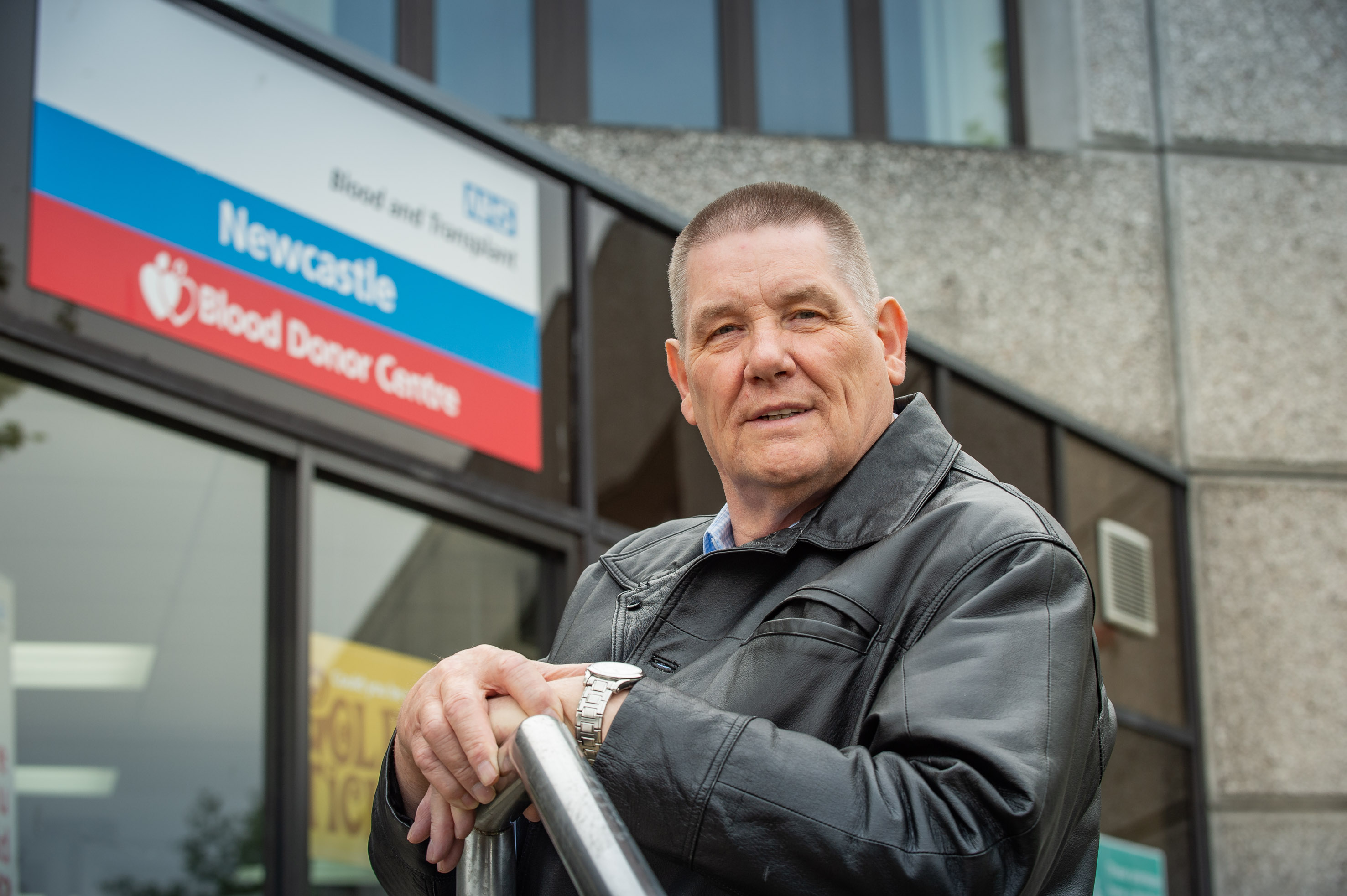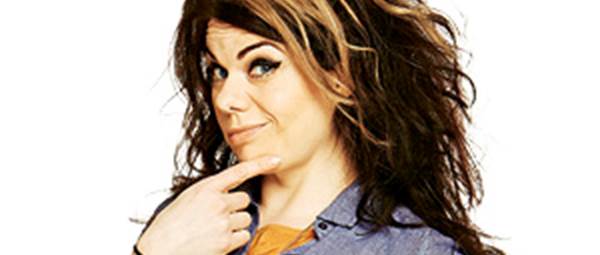Alan Ellwood
In 2018, we shared a story by the journalist and best-selling author Caitlin Moran about donating blood for the first time in almost 20 years. The scene she painted – one of “hot dust, floor polish and tea” and “love for someone you’ve never met” – resonated with many donors.
In fact, there were so many positive responses in the days and weeks that followed, and so many donors replied with wonderful and heart-warming stories of their own that we decided we ought to make it a regular feature – Humans of Blood Donation.
This is Alan Ellwood, who has been donating blood for fifty years
I’ve reached 143 donations. 144 if you count the one I gave in London in February 1975, after the Moorgate tube crash, when loudspeaker vans came onto the streets appealing for blood donors to go to the nearest hospital to donate blood.
We didn’t worry about not getting a sticker for our donor book – and went straight back to work afterwards, topping out a building near the post office tower.
Those 43 years since have flashed by.

During my 50 years as a blood donor I may have saved or helped to save countless lives, or I may have saved none. To me, it’s irrelevant, but I know that somewhere along that journey I will have at least helped a fellow human being in need by freely giving something money cannot buy, which may have contributed to his or her recovery from injury, illness or disease.
It doesn’t matter whether the recipient is male or female, their skin colour, religion, politics or any of the many other things which make us individuals.
What does matter is that donations, whether they be blood, plasma, platelets or organs from living donors such as kidneys or bone marrow are made with one thing in mind – I am helping another human being on the road to recovery.
It doesn’t matter whether the recipient is male or female, their skin colour, religion, politics or any of the many other things which make us individuals
For about ten years in the 1990s, I held the position of Training Manager at the world-famous Cleveland Bridge engineering company in Darlington and was responsible for training apprentices amongst other things.
Each visit from the blood transfusion service was held in the works canteen and lecture rooms and we always had a good turnout – but to coax our apprentices to become donors, I would promise them a cup of tea, a biscuit and the afternoon off with pay if they donated blood!
It sounds mercenary, but it worked and I don’t doubt that some of these, who are now adults, are still giving blood.

In our hospitals we have dedicated centres for cancer patients where a number of life-changing or life-prolonging treatments are administered, some with very unpleasant side effects and most are gruelling ordeals lasting months or even years, but every time the bell is rung on those wards, it means a child, a teenager, an adult or an elderly person is either in remission, or is free from their cancer.
To coax our apprentices to become donors, I would promise them a cup of tea, a biscuit and the afternoon off with pay if they donated blood
As well as chemotherapy, radiotherapy and other treatments used to fight cancers and leukaemia, blood and platelets are needed to complement or support these treatments and without the thousands of donors who give up an hour maybe three times a year, many of these would either not survive, or their recovery would take much longer.
 At the annual donor awards ceremony held at St James’ Park football stadium in March, there were many recipients present accompanied by a guest, such as a wife, husband, partner or a friend and there was a sense of camaraderie in the room amongst not only the donors there to collect their award, but also between those who support them.
At the annual donor awards ceremony held at St James’ Park football stadium in March, there were many recipients present accompanied by a guest, such as a wife, husband, partner or a friend and there was a sense of camaraderie in the room amongst not only the donors there to collect their award, but also between those who support them.
After a memorable day, a nice lunch in good company, and making new friends, many will just go back to their daily lives, but in the knowledge that their small contributions over the years have been recognised.
Some will hang their certificate on the wall, or place it on the sideboard, some will show their medal to family, friends and colleagues but every one of us will have the same thought in mind: ‘I didn’t do it for recognition, I did it to help someone in need’.
We all hope we never end up in any of the situations above, but none of us know what’s around the corner. All I know that should I ever have the misfortune to need blood or blood products, they will be there, whether it be from the hospital blood bank, or even in the pannier of a motorcycle bringing it from the transfusion centre.
As long as we all keep donating!
If you have a way with words and want to share your story – be it of your first donation or your five hundredth – then please email it to thedonor@nhsbt.nhs.uk, including your name and contact details.
Book your appointment online
Book nowHumans of Blood Donation
Heart-warming stories by our blood donors

Caitlin Moran
"I haven't given blood for 18 years. First there were babies, then work, and then I was drunk."
